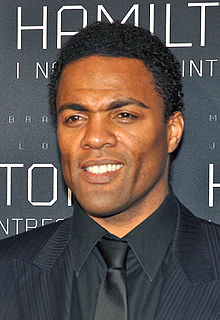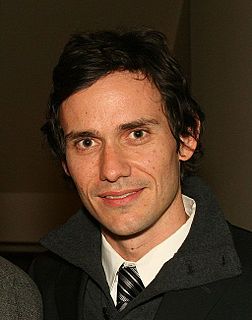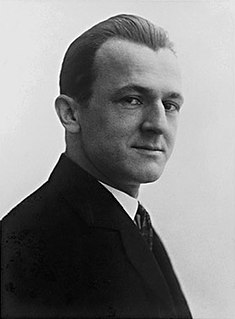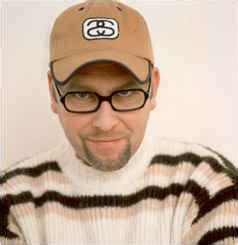A Quote by Ray Fearon
Anything that brings people to see Shakespeare is fine by me. He's the great humanist.
Related Quotes
When I was doing Shakespeare and I had spent a lot of time and effort in trying to become a great Shakespearean actress. That was how I started my career, was in the theater doing Shakespeare. And my ambition was to be a great classical actress. That was what I wanted more than anything. So, I really pursued that in the first four years of my career. And it was an uphill struggle. It really was. Shakespeare's difficult and Shakespeare in a big theater is even more difficult. So, anyway, it was a struggle for me.
At the happy ending of the Tempest, Prospero brings the kind back togeter with his son, and finds Miranda's true love and punishes the bad duke and frees Ariel and becomes a duke himself again. Everyone - except Caliban - is happy, and everyone is forgiven, and everyone is fine, and they all sail away on calm seas. Happy endings. That's how it is in Shakespeare. But Shakespeare was wrong. Sometimes there isn't a Prospero to make everything fine again. And sometimes the quality of mercy is strained.
A lot of people have a fear of Shakespeare. Even actors do. People are like, "Oh, I won't go and see Shakespeare because the language is so hard," but it is. When you read it on the page, you go, "What?! What does that mean?!" If you go to a Shakespeare play and you've never been, you sit there and go, "I'm an idiot! I don't get it!"




































